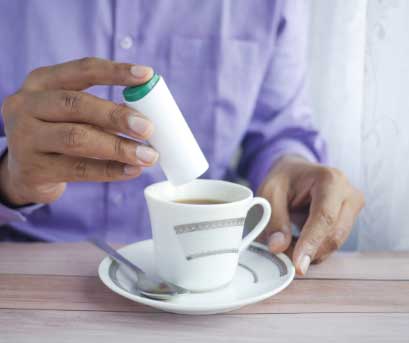Understanding PMS and Naturopathic Support
Embarking on a journey through the phases of womanhood, we delve into the complexities of Premenstrual Syndrome (PMS). This blog post explores the different types of PMS, sheds light on associated nutritional deficiencies, and unveils the power of naturopathic interventions in navigating the tides of hormonal fluctuations.
Types of PMS:
PMS isn’t a one-size-fits-all experience. Understanding the various types, from emotional symptoms like mood swings and irritability (PMS-A) to physical symptoms such as bloating and cramps (PMS-C), provides a nuanced perspective. Recognising the specific type of PMS an individual experiences is crucial for tailoring naturopathic interventions.
Nutritional Deficiencies and PMS:
Each type of PMS may be associated with specific nutritional deficiencies. For instance, PMS-D (Dominant) often correlates with magnesium deficiency, contributing to symptoms like bloating and breast tenderness. PMS-H (Hyperhydration) may be linked to insufficient vitamin B6, influencing fluid balance and mood. By identifying and addressing these deficiencies, naturopaths can target the root causes of PMS.
Naturopathic Approaches to PMS:
In naturopathic medicine, addressing PMS involves a multifaceted approach. Dietary modifications, including the incorporation of nutrient-rich foods and specific supplements, play a pivotal role. For PMS-A, interventions may include stress management techniques and adaptogenic herbs like rhodiola to balance mood. PMS-C may benefit from anti-inflammatory foods and herbs such as turmeric to alleviate physical symptoms. Addressing nutritional deficiencies through targeted supplements like magnesium or vitamin B6 forms an integral part of naturopathic strategies.
Lifestyle Adjustments and Self-Care:
Beyond nutritional interventions, lifestyle adjustments are key. Naturopaths often guide individuals in developing self-care routines that include exercise, adequate sleep, and stress reduction techniques. Engaging in activities that bring joy and relaxation contributes to overall well-being and can positively impact the severity of PMS symptoms.
Personalised Support for Hormonal Harmony:
Recognising the unique nature of each woman’s hormonal landscape, naturopaths provide personalised support for hormonal harmony. By considering an individual’s specific type of PMS, nutritional status, and lifestyle factors, naturopathic interventions aim to restore balance and empower women to navigate the ebb and flow of their menstrual cycles with greater ease. If you’d like to hear more about how I could help you, please click here to schedule your free chat.
Understanding PMS as a nuanced experience allows for targeted naturopathic interventions that address the diverse array of symptoms. By recognising the different types of PMS, identifying associated nutritional deficiencies, and embracing a holistic approach, women can find relief and empowerment in managing the ebbs and flows of their hormonal journey.



